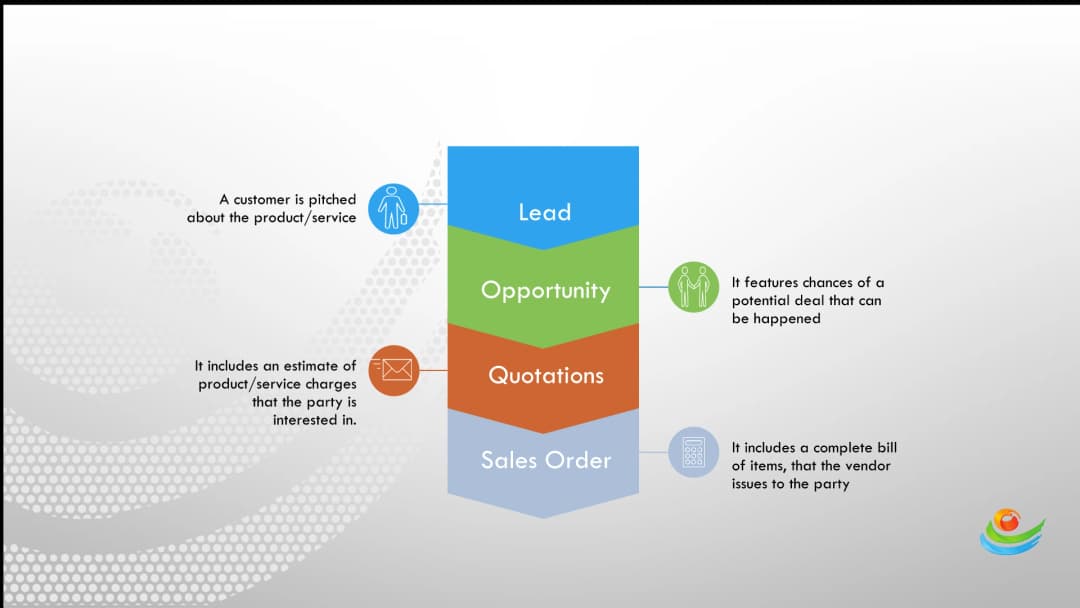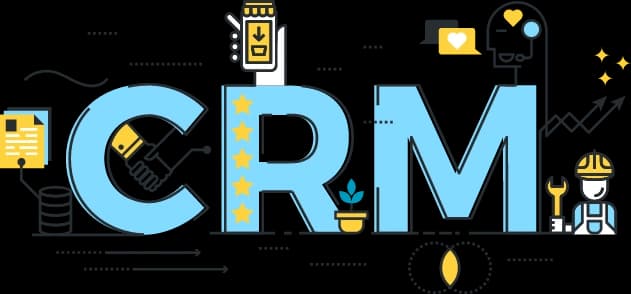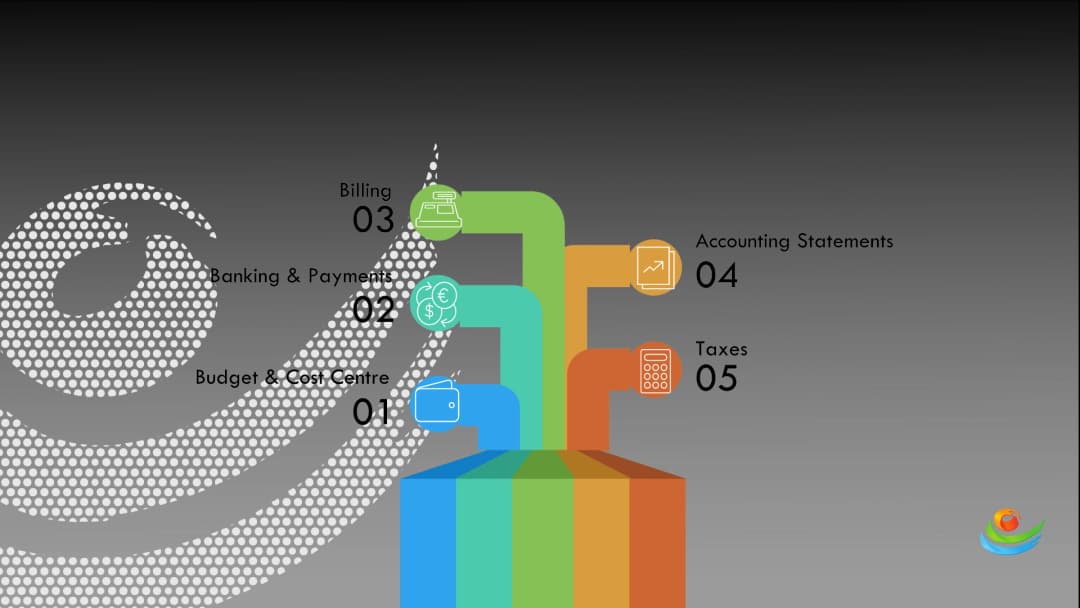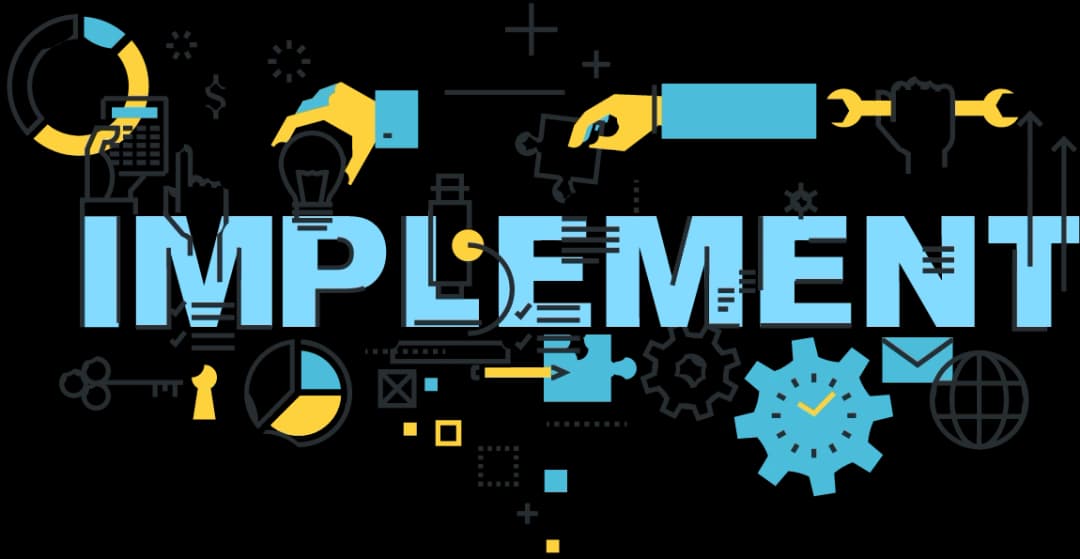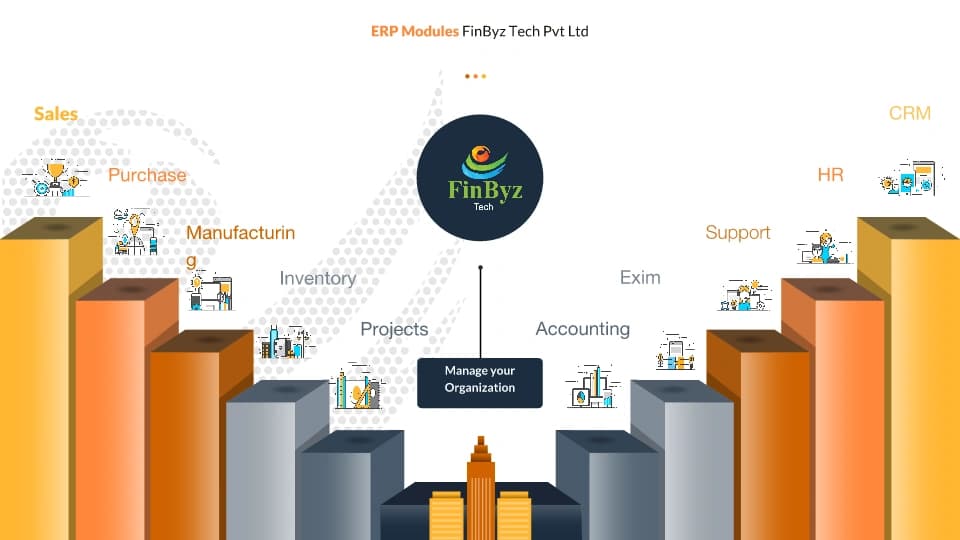Introduction

All businesses, regardless of their size or industry, must ensure that operations are streamlined and effectively managed. Without proper systems in place, growth and profitability become difficult to achieve. When correctly implemented, Enterprise Resource Planning (ERP) software becomes a powerful tool to centralize and optimize business functions. Initially tailored for large enterprises, ERP solutions are now widely available for small and mid-sized businesses as well. These systems address various critical areas such as production scheduling, planning, inventory control, and overall supply chain management.
A wide range of ERP software options are available in the market, each offering unique capabilities. The benefits of implementing ERP are numerous and transformative. Here's how a well-designed ERP solution can revolutionize your business operations:
1. Increases Supply Chain Visibility

Implementing an ERP solution significantly improves supply chain management by providing end-to-end visibility across all operational touchpoints. For businesses that depend on shipping and logistics, having real-time access to supply chain data is crucial. Through the modular structure of ERP platforms, organizations can track inventory levels, manage procurement, and control costs more effectively.
Companies aiming to streamline their supply chain processes and maintain a competitive edge can benefit immensely from ERP systems. These solutions simplify communication with manufacturers, identify bottlenecks, and allow for quick adjustments. As a result, businesses are empowered to make data-driven decisions, mitigate risks, and align operations with market demand—all through the capabilities of a modern ERP system.
2. Improves Productivity

An Enterprise Resource Planning (ERP) system enhances employee productivity by minimizing repetitive manual tasks and eliminating data duplication. By integrating operations into a unified platform, an ERP solution allows teams to focus on value-driven tasks rather than administrative overhead. Businesses still relying on spreadsheets should shift to ERP to achieve automation and better efficiency.
As businesses expand, their operational needs evolve. A robust ERP solution adapts to these growing demands by streamlining processes across departments. It empowers employees with real-time, accurate data, enabling smarter decision-making. Additionally, when integrated with supply chain management functions, ERP can optimize productivity by reducing delays and improving coordination across the value chain.
3. Provides Real-Time Data

An Enterprise Resource Planning (ERP) system provides businesses with real-time data access, empowering remote teams and on-the-go executives to stay updated from anywhere. Whether working from home or traveling for meetings, having accurate and current information ensures faster and more informed decision-making.
Through centralized integration, ERP brings together data from multiple departments—be it finance, sales, or supply chain management. This makes it easy to store and access key operational data in one place. As your business scales, your ERP solution can be expanded to support new modules and evolving processes without disrupting operations.
4. Decreases Costs

Implementing an ERP solution helps companies significantly reduce operational and administrative costs without compromising quality. By automating repetitive tasks and optimizing processes, businesses can lower costs across their operations.
Especially in supply chain management, ERP allows for real-time visibility into procurement, inventory, and logistics, enabling faster decisions and reducing delays. This leads to more efficient resource allocation and cost-saving opportunities throughout the value chain.
Before selecting an Enterprise Resource Planning (ERP) system, businesses should assess how the solution aligns with their cost-reduction goals and operational bottlenecks. Identifying these early helps ensure the chosen ERP is tailored to specific business needs and maximizes ROI.
5. Customer Service

High-quality customer service is critical to business success. A reliable ERP solution integrated with CRM tools enables customer service teams to instantly access comprehensive client data, streamlining support processes. An ERP integrated with CRM software improves response time and ensures personalized service based on customer history.
With the right Enterprise Resource Planning (ERP) tools, customer service teams can prioritize key accounts, apply discounts intelligently, and reduce errors in order fulfillment. In supply chain management, ERP ensures accurate tracking and timely delivery, increasing customer satisfaction and loyalty.
Top Benefits of Implementing ERP Software
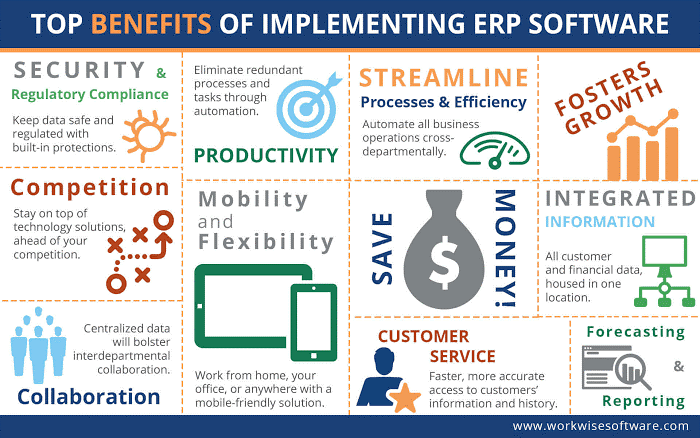
ERP Optimizes Business Processes
When companies start using an enterprise resource planning software, it makes it easier for them to handle the payments for all the goods and services they render. An efficient ERP system will also streamline your cash flow. Every business manager should be able to handle frequent change and know how to use and connect their systems with various information technology so that the full gain in ERP systems can be harnessed. Find out more information about our ERP Software here.


